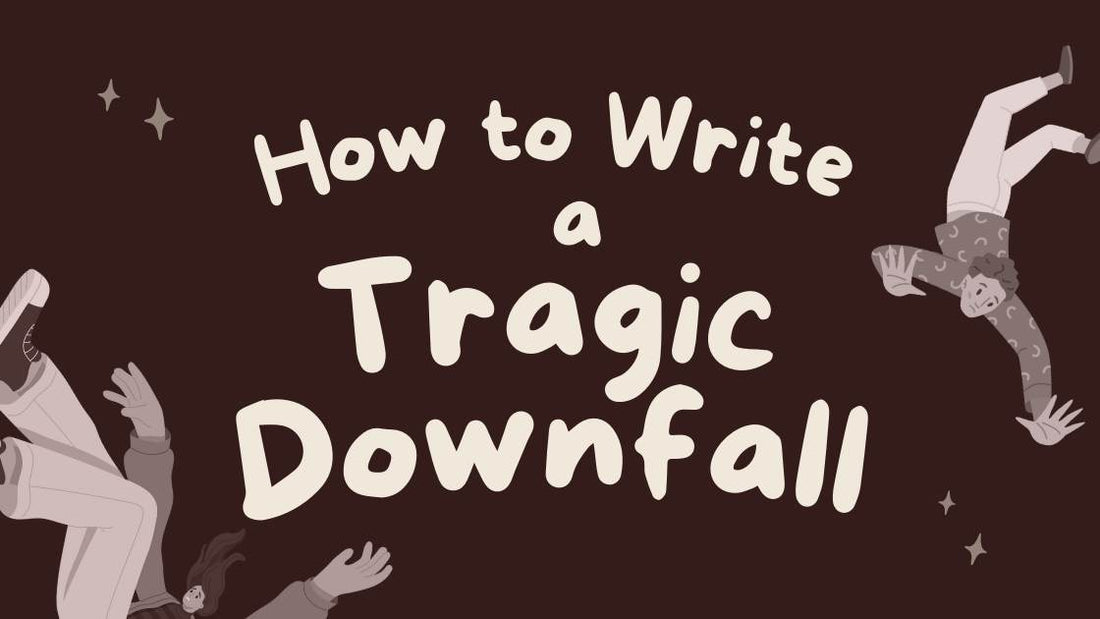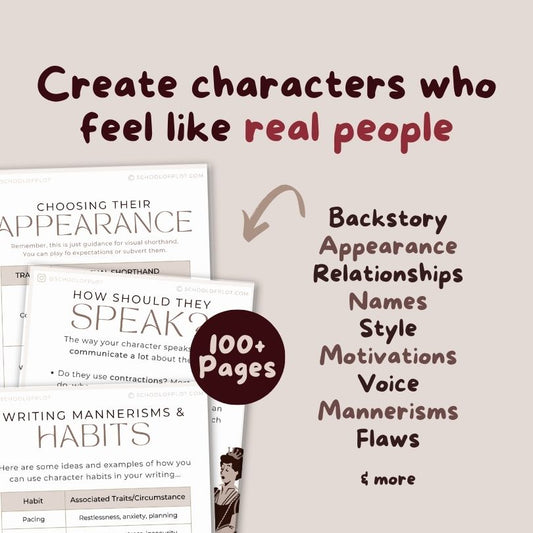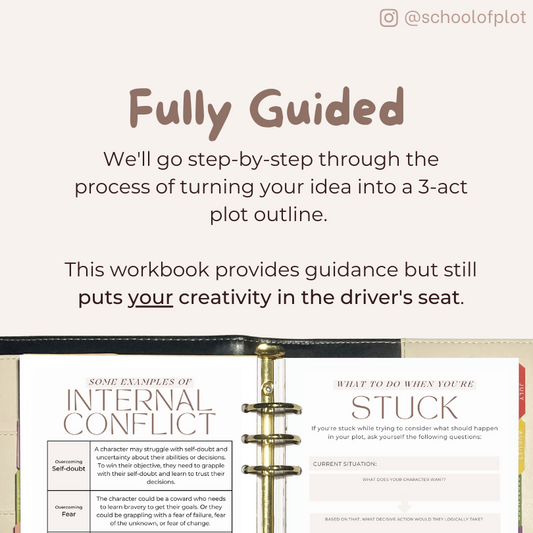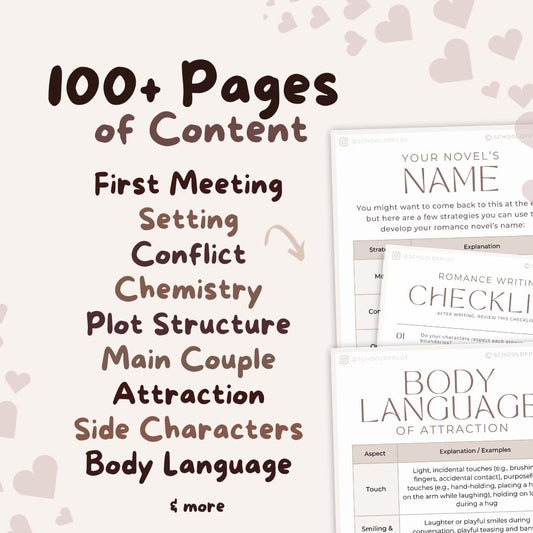Here's a quick but comprehensive guide on how to write a tragic downfall. Whether you're writing a villain or a tragic hero, these steps will help make their downfall as tragic (and juicy) as possible.
1. Identify Their Tragic Flaw
A character’s tragic flaw is the trait that leads to their ultimate downfall, such as:
- Jealousy
- Hubris
- Ambition
- Impulsiveness
- Indecision
- Self-sacrifice
You can hint at the flaw early on in the story. In fact, it can even stem from a good, noble place (such as ambition, which can be good if it isn’t taken too far.)
If you have the Character Workbook, refer to the section on flaws for this!
2. Let Them Rise
To have a downfall, you’ve got to fall from somewhere. Build your character up in some way. Give them things to lose. This could be:
- Power
- Wealth
- Reputation
- Loved ones
- Influence
- Fame
To get those things, your character likely has some virtues too, such as:
- Intelligence
- Compassion
- Robustness
- Courage
- Empathy
- Creativity
These traits flesh them out and give them dimension. They also make the fall more tragic.
3. Have Them Make Choices
A tragic downfall is juicier when it comes as a result of the character’s own choices. If a character loses their family home due to a tornado then sure, it’s tragic, but what if they gambled the home away in their quest for wealth?
Their actions and decisions should align with their established personality and motivations. How does their tragic flaw influence the decisions they make? Their downfall is a culmination of their choices.
4. Consequences
After their own choices lead them to lose what they had, tie it up with a bow: consequences. For example...
- Dead loved ones
- Blood on their hands
- Loss of power
- Hatred from old friends
When they reflect on what they lost, do they regret it or do they double down and justify it? Are you going to send them on a redemption arc? Or end their story there?
It really depends on the tone/message and type of story you’re trying to tell. There are no wrong answers.













